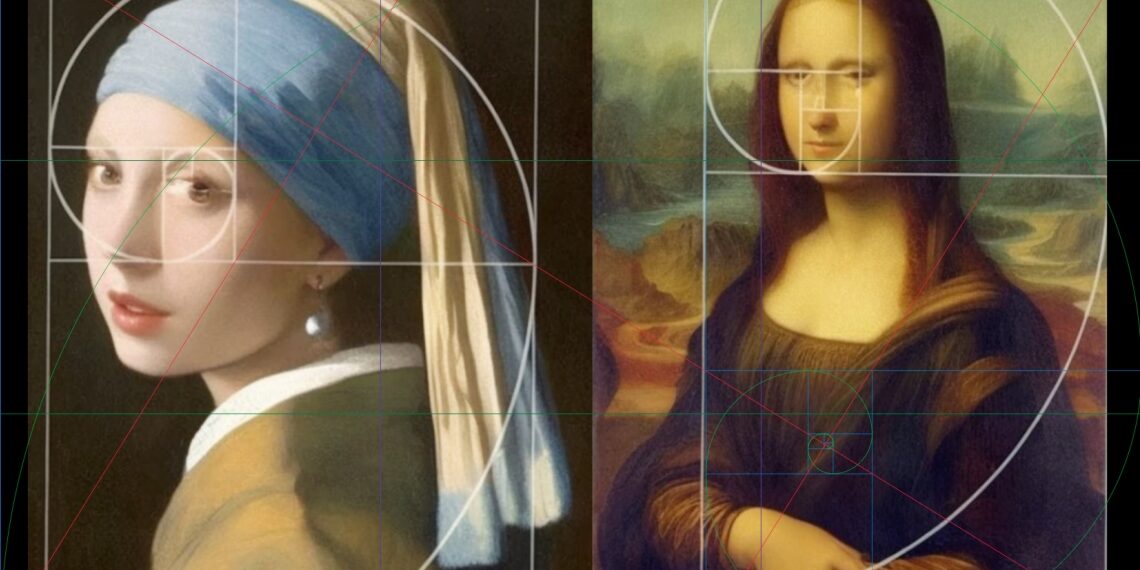Imagine strolling through an art museum, some of the art stands out and stays in your memory while others are quickly forgotten. This phenomenon is known as image memorability. Scientists at the University of Chicago have used AI to study and predict the memorability of artwork. In an online experiment, they showed participants paintings from the Art Institute of Chicago’s database and found that people were consistent in remembering and forgetting the same images.
When they used a deep learning neural network called ResMem to predict the memorability of each painting, surprisingly the results were highly correlated with the participants’ ratings. Interestingly, cultural context, popularity, and significance did not affect the memorability scores. The researchers then conducted an in-person experiment at the museum, which yielded similar results. They discovered that the size and presentation of the paintings played a role in their memorability. However, factors like beauty, emotional tone, and color palette were not linked to memorability. Instead, people found paintings interesting when they stood out or deviated from what they have seen before.
The researchers also noted a connection between memorability and weirdness. It is still unknown how the brain separates and prioritizes memorable experiences, but researchers are trying to gain insights by studying neural networks like ResMem. Negative emotions and the element of surprise also contribute to memorability. To further explore the factors behind art memorability, the researchers have launched a contest where artists create their most memorable and forgettable artworks. They hope this study will provide insight into what makes art stand out and leave a lasting impact on viewers; furthermore, they believe that understanding how the brain prioritizes information can protect people from manipulation.
While there are concerns that AI may hinder the creative process for artists, the scientists envision ResMem as a tool for artists and curators to enhance the presentation of their work rather than replacing their creativity. Overall, the study of art memorability has implications for advertisers, educators, and anyone seeking to make their content more memorable.
The whytry.ai article you just read is a brief synopsis; the original article can be found here: Read the Full Article…





